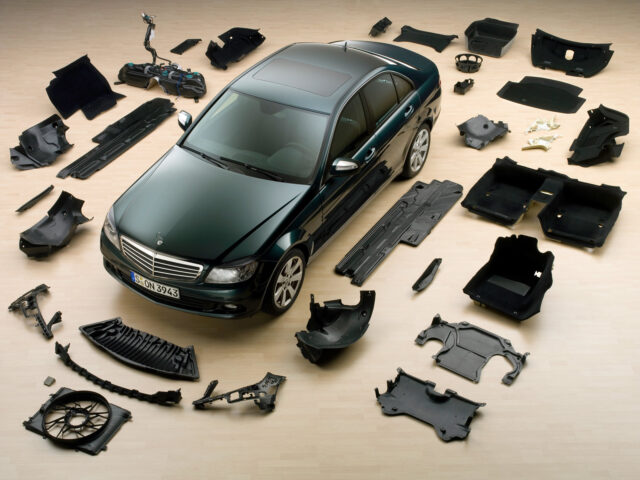When your vehicle starts showing signs of wear, the question often arises: should you opt for used or new parts? The decision isn’t always straightforward, especially when your wallet is the deciding factor. Each option has its pros and cons, and the goal here is to break it all down into manageable bites. Let’s explore the key factors you should consider when making this decision.
Key Points:
- Used parts are usually cheaper but may have a shorter lifespan.
- New parts provide reliability but come at a higher cost.
- Certain parts are safer to buy new, especially for safety-critical components.
- Compatibility and warranties vary between new and used options.
- Availability might sway your choice based on the part you need.
1. The Case for Used Car Parts
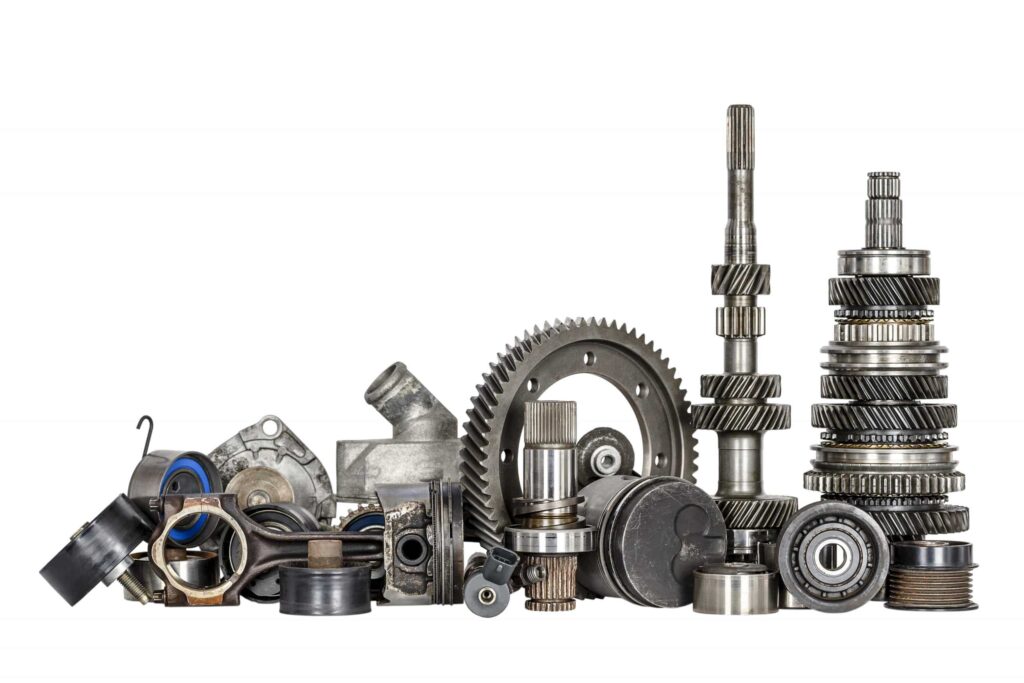
If you’re looking for affordability, used car parts often steal the show. They’re not only budget-friendly but also widely available. Take, for example, the options available for auto parts St. Catharines based. A quick visit to Rectangle Auto Supply can open the door to quality used parts at reasonable prices.
You might be thinking, “Are used parts even worth it?” The answer depends on the part in question. Components like side mirrors, wheels, and non-mechanical items can often perform just as well as new ones. They’re also eco-friendly since reusing them reduces waste.
2. Why New Car Parts Might Be Worth the Splurge
New car parts come with a sense of assurance. You know what you’re getting, and you can expect consistent performance. They’re untouched, carry a manufacturer’s warranty, and often last longer than used options. For critical components like brakes or suspension parts, new ones may be your safest bet. It’s better to invest upfront in safety than face potential issues down the road.
That reliability comes at a cost. New parts often hit the wallet harder, so deciding where to splurge and where to save is key. For example, if your budget is tight, new tires might be essential, but smaller items like a radio knob could be purchased used.
3. What to Consider When Choosing Between Used and New Parts
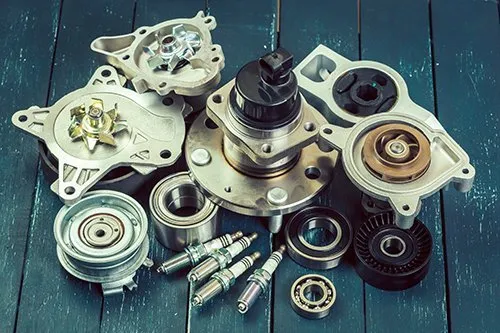
Making the right choice depends on several factors. Let’s break it down:
- Safety – Parts like brakes, airbags, or seat belts should always be new. The risks of used options far outweigh the savings.
- Cost – Used parts save money, but weigh the price difference against the potential for frequent replacements.
- Compatibility – Ensure the part matches your car’s model and year, especially for mechanical components.
- Warranty – New parts often come with guarantees, while used parts rarely do.
- Availability – Some parts may not be easily found used, especially for older or less common vehicles.
4. Tips for Shopping Used Car Parts
When buying used, it’s important to stay sharp and make informed decisions. Here are some practical tips:
- Inspect Before You Buy – Check for visible damage, rust, or wear.
- Ask About History – Find out how the part was used and whether it was refurbished.
- Compare Prices – Don’t settle for the first price. Shop around for better deals.
- Go to Trusted Sellers – Stick to reputable suppliers like Rectangle Auto Supply for peace of mind.
- Test When Possible – If the seller allows, test the part before purchasing.
5. What About Tires and Car Seats?
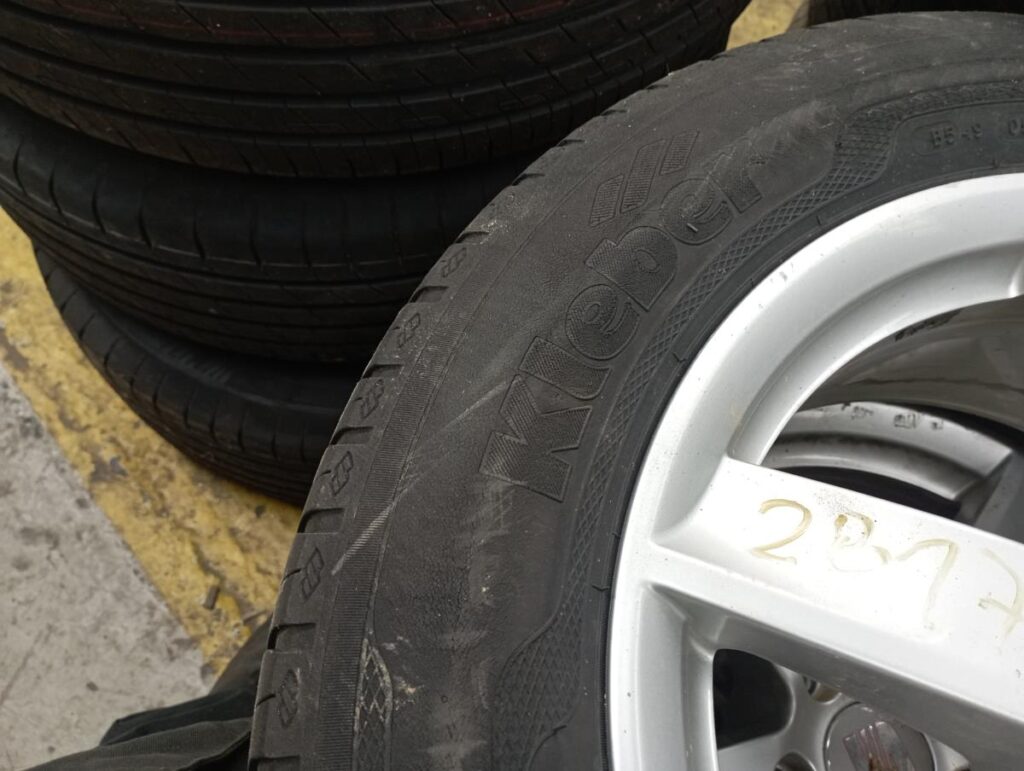
Used tires can be a fantastic budget-friendly option, but they require extra scrutiny. Make sure the tread is deep enough and the rubber isn’t cracked or worn out. Safety should never be compromised for cost. New tires, on the other hand, come with a warranty and guarantee better performance.
For car seats, new ones are often recommended due to updated safety standards. Used seats might have hidden damage or might not comply with current safety regulations. If you must go used, ensure the seat isn’t older than six years and hasn’t been in an accident.
FAQs: Common Questions About Used and New Car Parts
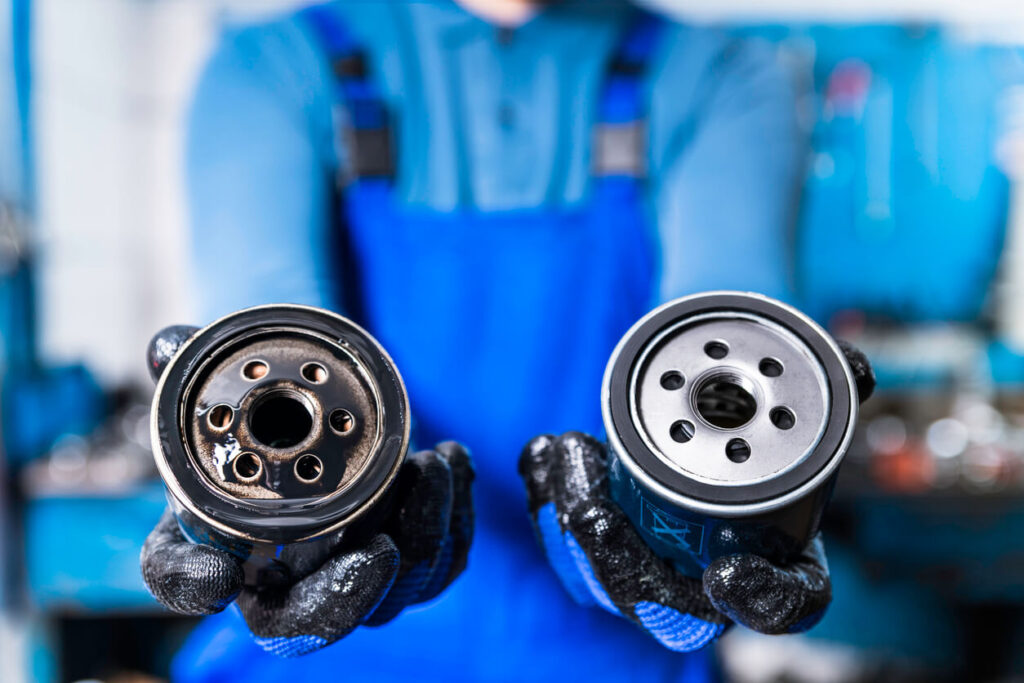
Can I return a used part if it doesn’t work?
Most sellers of used parts don’t offer refunds, so check the return policy before buying.
How do I know if a used part is safe?
Inspect for visible wear and buy from trusted suppliers with a good reputation.
Are there parts I should never buy used?
Avoid used safety-critical parts like brakes, airbags, and suspension components.
Do used tires come with a warranty?
Rarely. Always ask the seller about the condition and any guarantees.
What’s the lifespan of a used part?
Lifespan varies based on the part and how it was previously used. Mechanical parts tend to have shorter lifespans.
Conclusion
Choosing between used and new car parts depends on your priorities. If budget is the main concern, used parts can offer excellent value for non-essential components. For critical safety items, new parts are the way to go. Weigh your options carefully, and don’t hesitate to consult trusted suppliers for advice.
Your vehicle deserves quality care, but your wallet deserves a break too. So, make informed decisions and find the balance that works best for your needs.

